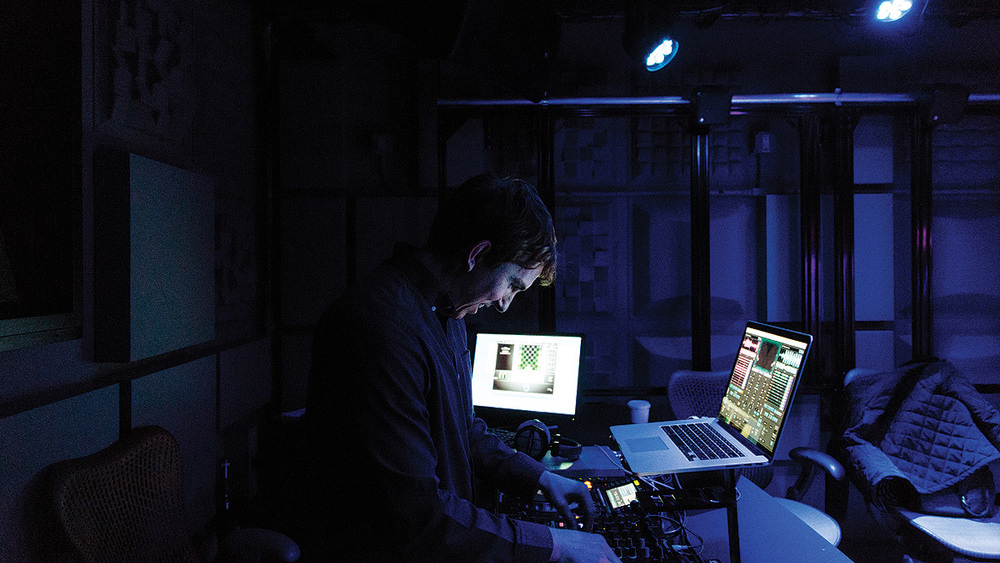Today we'll be discussing what a documentary is. The Oxford English dictionary defines a documentary as:
"Using pictures or interviews with people involved in real events to provide a factual report on a particular subject."
While their definition isn't incorrect and is, in fact, quite correct, it does leave a space in what can be turned into a documentary. The basis of fact. That basis of fact ultimately limits what people are able to create within the spectrum of documentary film-making as the subject matter isn't always objectively true, it could be a subjective truth. In the case of subjective truths, you find yourself in the predication of deciding whether or not to include both sides of a story, providing that another side is available to be included, otherwise you're not in a predicament because the decision has been made for you.
"Using pictures or interviews with people involved in real events to provide a factual report on a particular subject."
While their definition isn't incorrect and is, in fact, quite correct, it does leave a space in what can be turned into a documentary. The basis of fact. That basis of fact ultimately limits what people are able to create within the spectrum of documentary film-making as the subject matter isn't always objectively true, it could be a subjective truth. In the case of subjective truths, you find yourself in the predication of deciding whether or not to include both sides of a story, providing that another side is available to be included, otherwise you're not in a predicament because the decision has been made for you.
Jean-Xavier de Lestrade described documentary with the following:
"For me a documentary is essentially a story, characters, something that unfolds before you, not something constructed after the fact."
"For me a documentary is essentially a story, characters, something that unfolds before you, not something constructed after the fact."
"What is a documentary? One easy and traditional answer is: not a movie. Or at least not a movie like Star Wars is a movie. Except when it is a theatrical movie, like Fahrenheit 9/11 (2004), which broke all box-office records for a documentary. Another easy and common answer could be: a movie that isn't fun, a serious movie, something that tries to teach you something - except when it's something like Stacy Peralta's Riding Giants (2004), which gives you a thrill ride on the history of surfing. Indeed, most documentary filmmakers consider themselves storytellers, not journalists."
- Aufderheide, P. (2007). Documentary film : A very short introduction. Retrieved from https://ebookcentral.proquest.com
De Lestrade's definition and Aufderheide's definition aren't dissimilar, but they aren't as similar as one would like either. Aufderheide mentions that documentaries are serious movies that tries to teach you something, except when it's something like Riding Giants. That is ultimately a goal of documentaries, though they don't always have some life changing underlying message, they can be as simple as "a home is where you want it to be", which seems to be the message behind the short documentary Home. De Lestrade also poses an important point of what documentaries are, they're something that unfolds before you, however there are times where you're not able to witness something unfold and therefore you have to go back to when it happened through the people and objects that were there.
Documentaries differ from drama productions in a very simple way;
Everything that happens will only happen once, so if you don't get it, it's gone.
While being a basic premise that seems obvious, a lot of people seem to wander into documentary filmmaking, some with the thought of "Ah if this doesn't work I'll get someone to fix it in post!" when that simply can't happen. There's a raw feel to documentaries, despite the post production element of the production, usually because of the emotional capacity stuck within the film, where drama productions almost force that out of you with the post elements because it's what they need to use to draw emotion out. Genuine emotion breeds genuine reaction.
"The part that I like about documentary is that it can be anything. The part that I don't like about it is that you are constantly being told that documentary has to be one thing rather than a whole multiple of possible things."
- Errol Morris, Capturing Reality: The Art of Documentary
I believe that Errol Morris creates documentaries because they're able to describe and create the truth of anything, regardless of it's form or how sporadic it might be to the general public or how difficult access to the subject matter is. While I'm not completely certain that that's why, their description of what they like about documentary leads me to believe that, that being able to make anything is their driving force behind it. It's certainly a well phrased philosophy about it, even if it might not be their reason for it.
With that, this weeks blog post has come to an end, while it isn't a satisfying conclusion it's one from the real world, just like a documentary.







